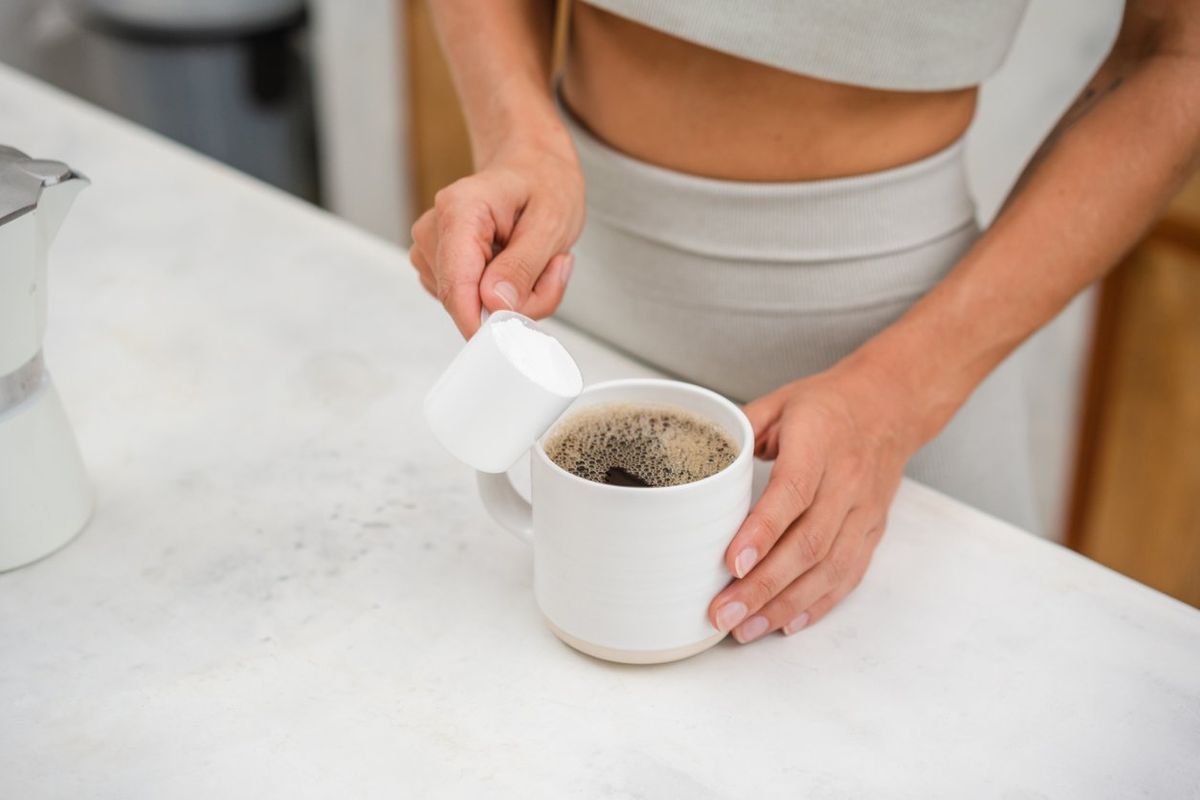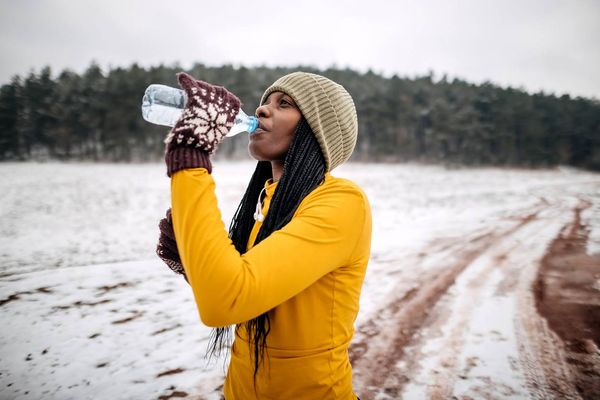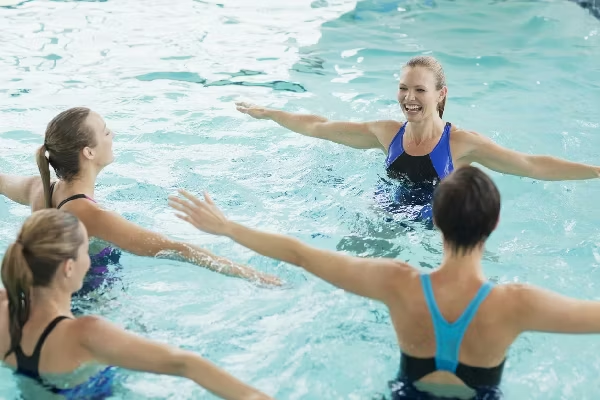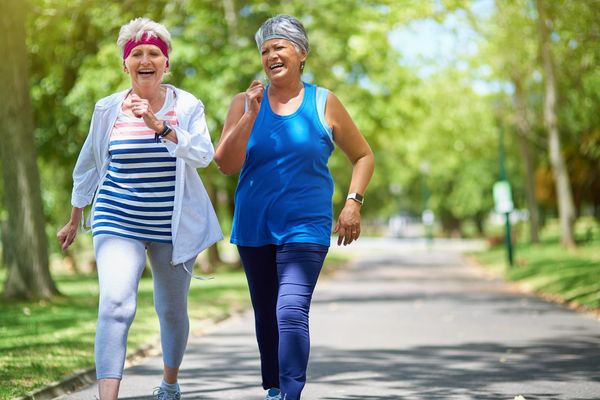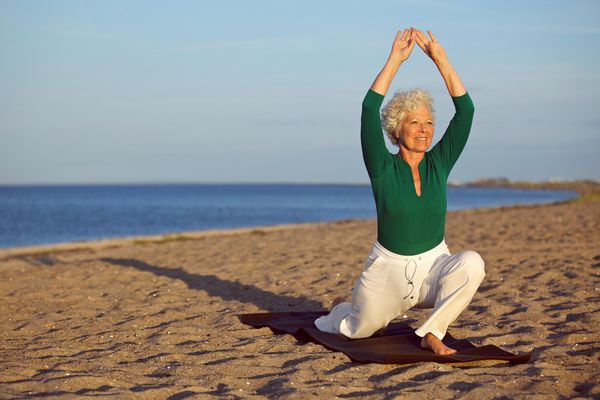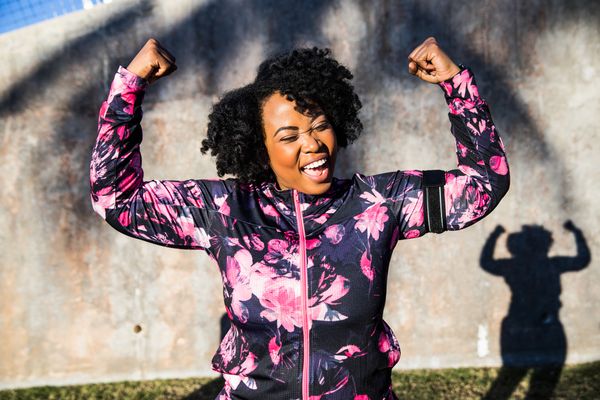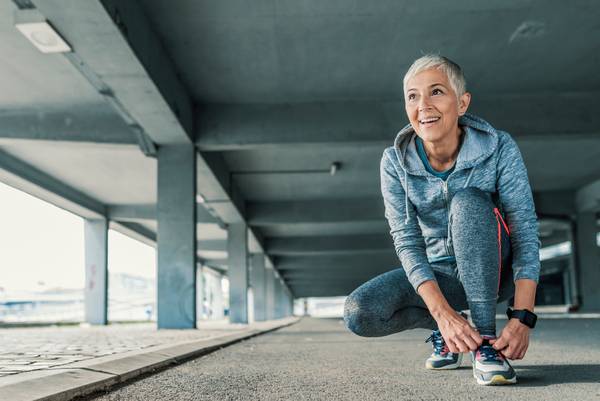Q:
I have a friend who drinks coffee on her way to the gym. She says it improves her performance. Doesn't coffee dehydrate the body? Do you recommend drinking coffee before working out?
A:
Although caffeine is a diuretic, a very recent study has busted the conventional wisdom that drinking coffee (or other caffeine use) can worsen dehydration or hyperthermia during exercise. Even moderate levels of caffeine consumption have not been shown to negatively affect exercise performance through dehydration/fluid or electrolyte balance, temperature regulation or diminished heat tolerance.
In addition, other studies have shown no significant differences in exercise performance when comparing a caffeine drink to a placebo.
Given the lack of evidence for or against pre-exercise caffeine consumption, I would suggest that if you want to drink coffee before you work out, do it on a trial-and-error basis. Caffeine's effect on your digestive system may affect how you feel when working out, which could be important to your exercise enjoyment and success.

